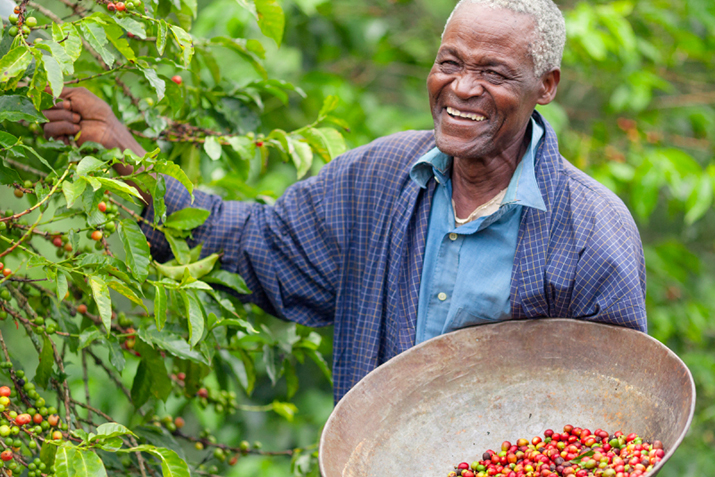Article
Protecting America’s Meatpacking Workers Act

What it does
If Congress passes it, the Protecting America’s Meatpacking Workers Act would address workplace conditions and safety with a particular focus on meat and poultry processing establishments. Specifically, the bill would:
- Prevent the Secretary of Agriculture from issuing line speeds waivers unless meat and poultry plants agree to a USDA inspection which must show that an increase in line speeds will not adversely impact worker safety;
- Establish occupational safety and health standards to protect employees in meat and poultry plants;
- Implement a regional emphasis inspection program for meat and poultry plants which will cover multiple aspects of worker safety including amputation hazards, ergonomics, and hazards related to line speeds, bathroom breaks, use of certain antimicrobials, and temperatures of work sites;
- Allow meat or poultry plant employees the ability to authorize a representative, who may be a member of a worker-based community group, to accompany physical inspections;
- Strengthen existing protections against retaliation from employers when employees refuse to perform work duties under conditions of reasonable apprehension and sets up a system wherein employees may file a complaint in the event retaliation has occurred;
- Establish a standardized, publicly available, reporting process for use during pandemics, which will require meat or poultry plants to report the number of employees who have become ill, their racial demographics, and their employment status;
- Require that all grants funded under USDA AMS for Expanded Meat & Poultry Processing include labor peace agreements and prohibit small processing plants that received a grant from being sold to meat and poultry packers with over 10 percent of market share for a period of 10 years;
- Strengthen the Packers & Stockyards Act to crack down on the monopolistic practices of meatpackers and corporate integrators;
- Restore mandatory country-of-origin labeling requirements
- Call on the Government Accountability Office to explore
- The fragility of our nation’s food system with respect to meat and poultry;
- Racial and ethnic disparities in meat and poultry processing;
- The actions taken by the federal government in response to the COVID-19 pandemic to determine the effectiveness of those actions in protecting animal, food, and worker safety.
Additionally, the bill increases funding for a program that supports regional and local food systems. It also requires country-of-origin labeling of beef, pork, and dairy products.
Who supports this bill?
The Protecting America’s Meatpacking Workers Act is a bicameral bill, which means that it has some support in both the Senate and the House of Representatives. Senator Cory Booker and Representative Ro Khanna introduced the bill. In the Senate, this bill is referred to as S.270 and these Senators are already supporting the bill. In the House, this bill is referred to as H.R.798 and these Representatives are already supporting the bill.
Over 100 organizations endorse the bill, including HEAL Food Alliance, Midwest Farmers of Color Collective, National Latino Farmers & Ranchers Trade Association and Oglala Sioux Livestock and Landowners Association.
Want to support this bill?
If your Senators and House Representative aren’t already on the list of cosponsors for the bill:
- Ask your two Senators to “cosponsor the Protecting America’s Meatpacking Workers Act, S.270.”
- Ask your House Representative to “cosponsor the Protecting America’s Meatpacking Workers Act, H.R.798.”
If your elected officials are already supporting this bill, you can always contact them to thank them and help spread the word among your networks.
Resources
If you’d like to learn more about the Protecting America’s Meatpacking Workers Act, you can:
- Find instructions for calling or writing your Senators and Representative (tip: enter your address)
- Track the bill’s progress on Congress.gov or GovTrack
- Learn why lawmakers are supporting this bill (Senator Cory Booker’s press release)
- Read the full bill text
See more bills worthy of your support in the 2023 Farm Bill.













